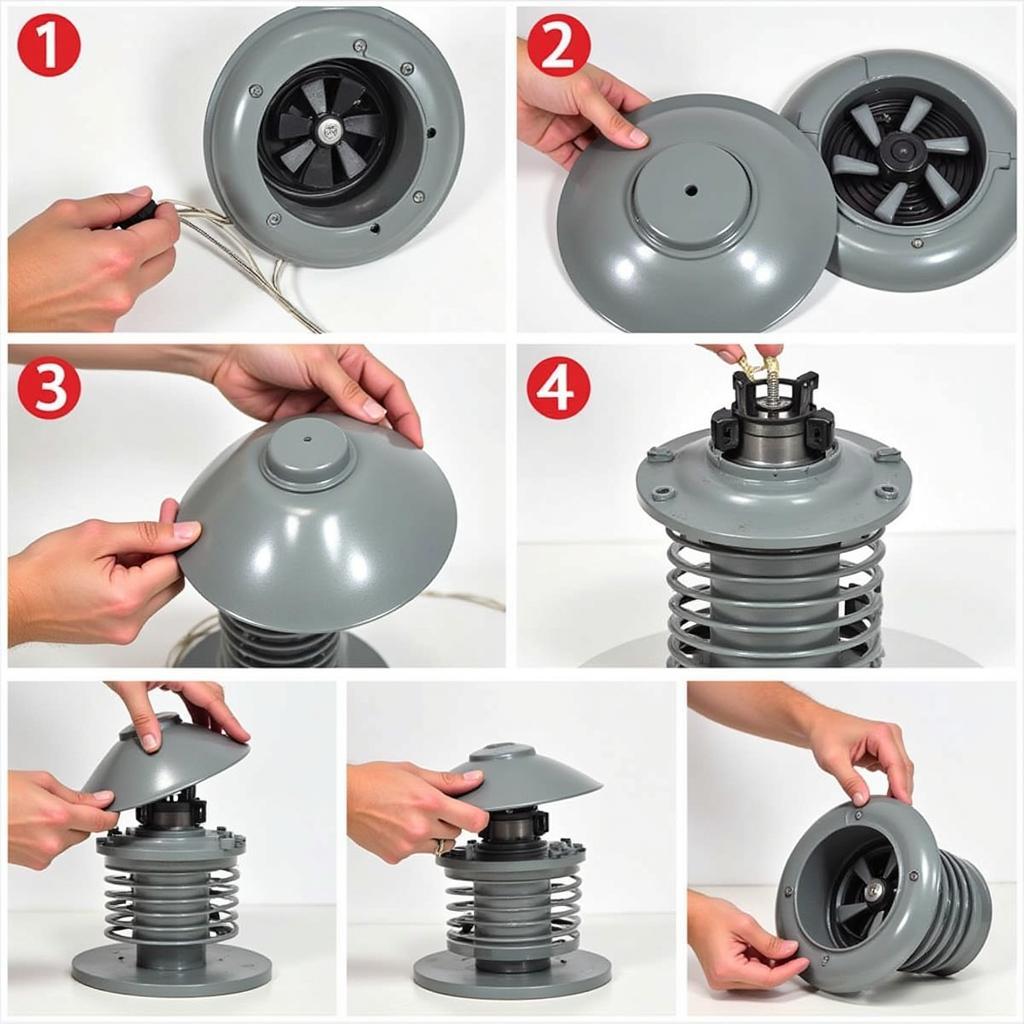In the world of football, few things are as sacred as loyalty. Fans live and breathe their team, celebrating victories with unbridled joy and enduring defeats with stoic resilience. However, within this passionate community, there exists a subset of supporters known as “Plastic Fans,” a term often uttered with disdain and even a touch of bitterness. But what exactly constitutes a plastic fan, and why do they evoke such strong reactions from the footballing faithful?
Defining the Plastic Fan: Beyond Bandwagoning
The term “plastic fan” is often used interchangeably with “bandwagoner,” suggesting someone who only supports a team when they are winning. While there is some overlap, the concept of a plastic fan runs deeper than simply jumping on a team’s bandwagon during successful periods.
A plastic fan’s loyalty is often perceived as superficial, driven more by trends, popularity, or even commercial interests rather than genuine passion for the club. They might wear the latest jersey, boast about the team’s achievements, and even engage in heated debates, yet their knowledge of the club’s history, traditions, and values often proves shallow.
The Telltale Signs: How to Spot a Plastic Fan
While true fandom resides in the heart, certain behaviors and characteristics often betray the plastic fan:
- Lack of Historical Knowledge: A genuine fan can recount legendary players, iconic matches, and significant moments in the club’s history. Plastic fans, however, often struggle to look beyond recent seasons.
- Fleeting Loyalty: Plastic fans are quick to switch allegiances when their team faces a rough patch or a new “fashionable” club emerges. Their support lacks the unwavering dedication that defines true fans.
- Emphasis on Merchandise and Status: For plastic fans, supporting a team often becomes an exercise in brand association. They prioritize owning the latest merchandise and displaying their “fanhood” as a status symbol, often neglecting the emotional core of true support.
The Impact of Plastic Fans on Football Culture
The rise of the plastic fan phenomenon has sparked debate within football communities worldwide. Critics argue that their superficial support cheapens the authentic passion of genuine fans and contributes to a more commercialized and less authentic footballing experience.
However, others argue that any form of support, even if driven by fleeting trends, can contribute to a team’s success through increased revenue and global visibility. They believe that judging the motivations behind fandom is unnecessary and that everyone experiences football in their own way.
Beyond the Label: Understanding Fan Motivations
It’s essential to remember that categorizing fans as simply “plastic” or “genuine” is often an oversimplification. People come to support teams through various avenues, and their reasons for doing so can be complex and multifaceted.
Some might be drawn to a team’s style of play, inspired by a particular player, or even introduced to the beautiful game through family traditions. The key is to approach discussions about fandom with empathy and understanding, recognizing that passion for the sport can manifest in countless ways.
Conclusion: Celebrating the Diversity of Fandom
While the term “plastic fan” might always be a point of contention within football discourse, it’s crucial to remember that the sport thrives on the diversity of its supporters. From the die-hard ultras who live and breathe their club to the casual observer captivated by a moment of brilliance on the pitch, every fan contributes to the global tapestry of football. Instead of focusing on labels, let’s celebrate the shared love for the beautiful game that unites us all.
FAQ:
- Is it wrong to be a “plastic fan”? The answer is subjective. While some might view it as less authentic, ultimately, enjoying football is a personal experience.
- How can I learn more about a team’s history? Club websites, documentaries, and fan forums are great resources to delve into a team’s past.
- Do “plastic fans” negatively impact football? This is debatable. While their support might be driven by different factors, they contribute to the sport’s global reach.
You might also like:
Need more help? Contact us at Phone Number: 0903426737, Email: [email protected] or visit us at Tổ 9, Khu 6, Phường Giếng Đáy, Thành Phố Hạ Long, Giếng Đáy, Hạ Long, Quảng Ninh, Việt Nam. Our customer support team is available 24/7.



